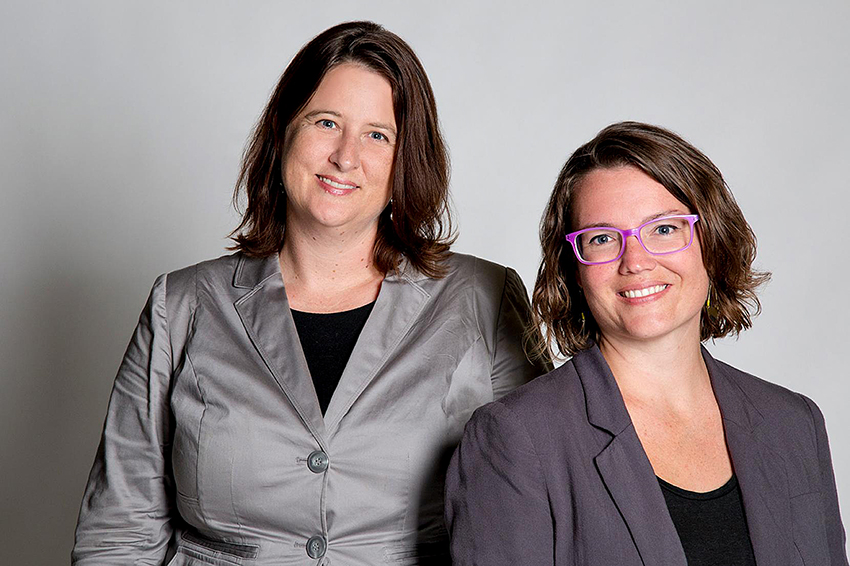Researchers in the College of Education were recently awarded a $20 million research grant to aid Austin’s deaf post-secondary students and recent graduates by providing them with resources to improve their access to education, while also helping them transition into the workplace.
“This is a federal grant from under the Department of Education, who have a division of special education programs [including programs for deaf and hard of hearing people],” said Stephanie Cawthon, an associate professor in the Department of Educational Psychology and director of the Deaf and Hard of Hearing Institute at the Meadows Center. “They provide support to help with education outcomes for students with disabilities.”
According to Cawthon, the ultimate goal is to take the most up-to-date research regarding information that supports positive outcomes for deaf individuals. She also hopes to train individuals, such as teachers, educators and parents, to understand this information and, in turn, help deaf individuals excel.
Claire Ryan, a deaf educational psychology graduate student, said many classrooms do not adequately accommodate deaf students’ needs.
“Without proper services and support, deaf students can unfortunately slip through the cracks,” Ryan said in an email. “This center aims to address this issue and provide more resources so that deaf people have equal opportunity to excel in education and the work force.”
Cawthon also said there are multiple factors when it comes to catering to the deaf community, such as training educators and providing hearing aids and high-quality captioning in classroom settings, that could ensure a better education for these students. With these resources provided, students will have a better transition into the workplace and be able to utilize the degree they pursued.
“We are really paying attention to access and want to make sure that [deaf individuals] have high expectations [of themselves],” Cawthon said.
Paige Johnson, a deaf educational psychology graduate student, said the grant will provide more opportunities for hard of hearing students at UT to help fulfill their academic goals.
“With our research, evaluation of evidence-based practices/approaches and disseminating awareness, deaf and hard of hearing students will receive the necessary and appropriate support to pursue their dreams through the transition process of graduating from high school to higher education,” Johnson said in an email. “The team here at UT employs deaf and hard of hearing students so the work we do here is ignited and driven by our own educational experiences, as well as other deaf and hard of hearing individuals within which community we continue to be a part of.”





















